When a 4 meter croc gets out of the river to escape a much bigger croc
4
0
42 Views
Published on 05 Jun 2024 / In
Film & Animation
update
Show more
0



 TheQuartering
TheQuartering
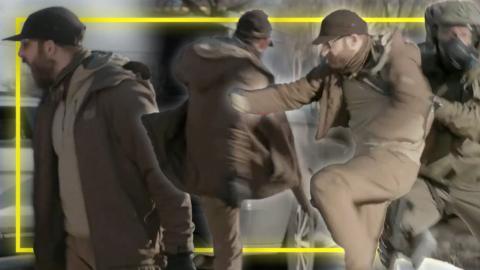
 The Alex Jones Show
The Alex Jones Show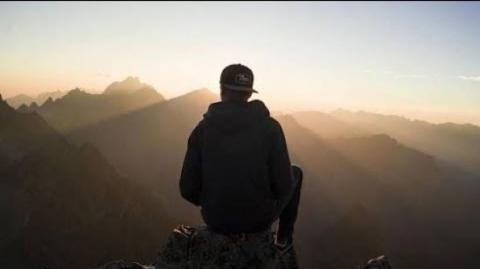
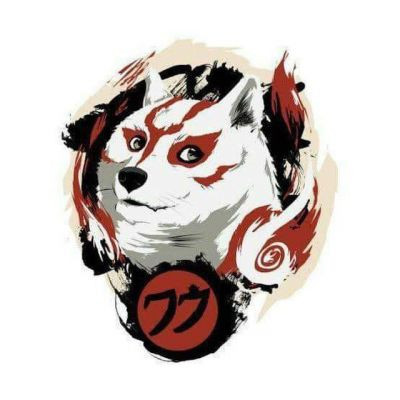 Wolfslumbers
Wolfslumbers
 TheSaltyCracker
TheSaltyCracker

 X22 Report
X22 Report
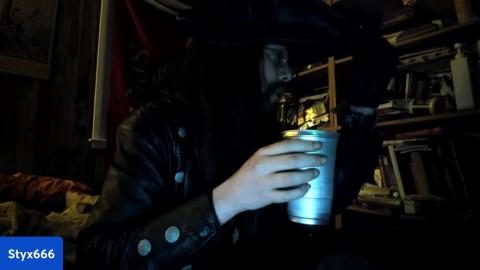
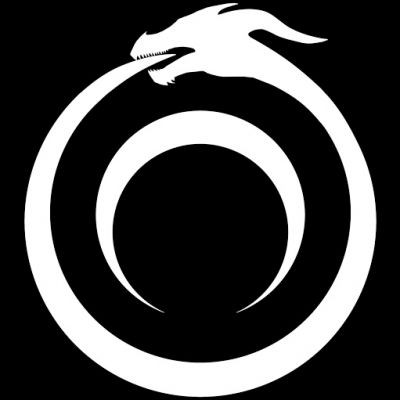 Styxhexenhammer666
Styxhexenhammer666
 Redacted News
Redacted News
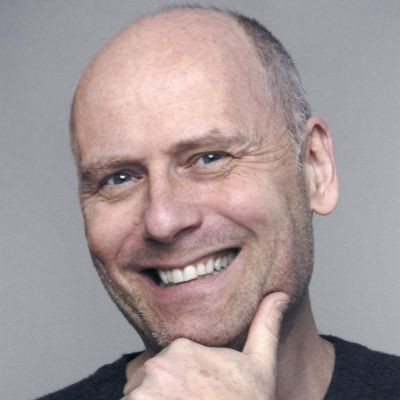 Stefan Molyneux
Stefan Molyneux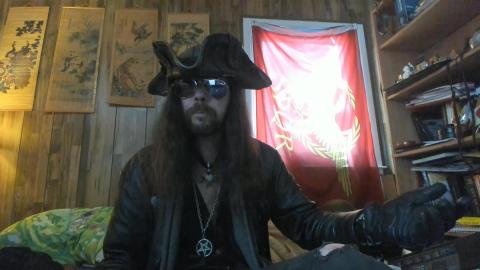
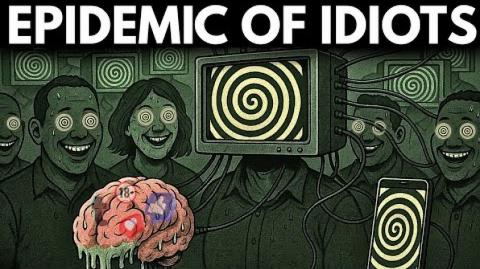
 NerokeFive
NerokeFive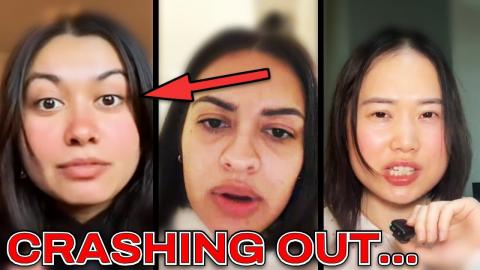
 ReplicantPhish
ReplicantPhish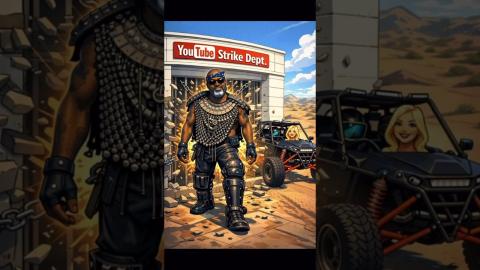
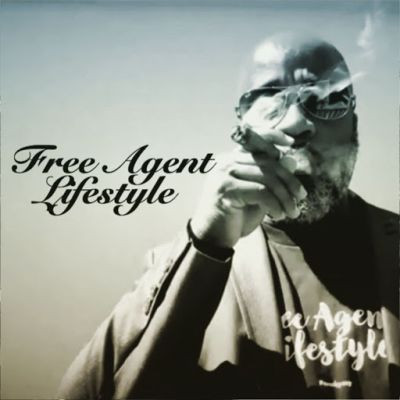 Free Agent Lifestyle
Free Agent Lifestyle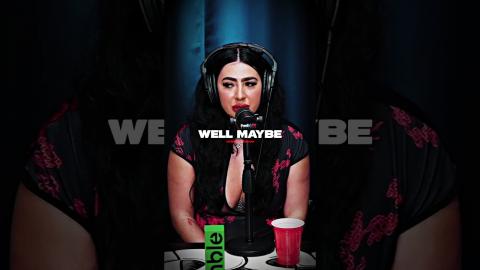
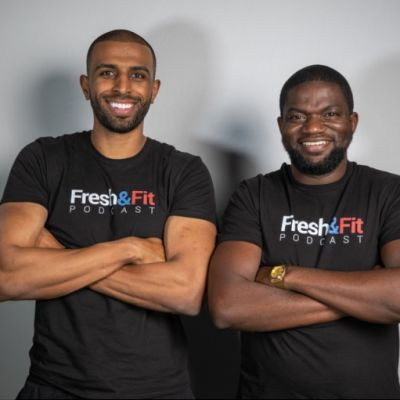 Freshfit
Freshfit
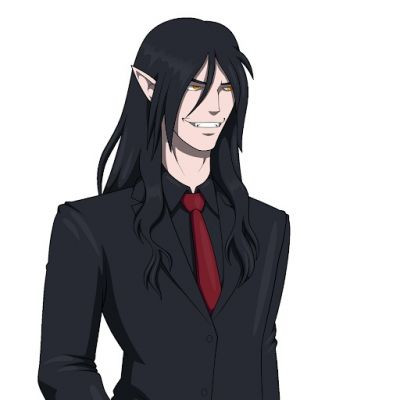 Taylor The Fiend
Taylor The Fiend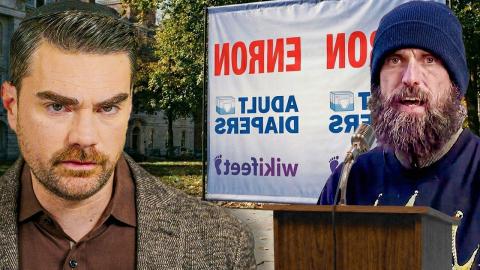
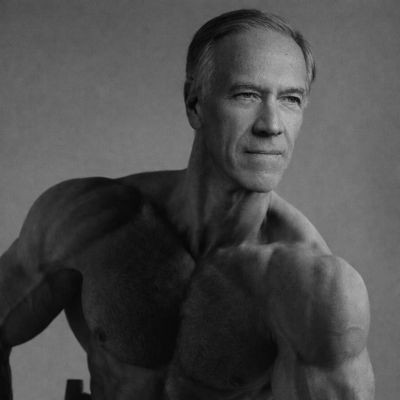 MikePompeoFanboy
MikePompeoFanboy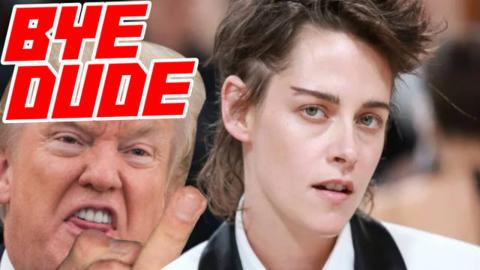




Log in to comment
He didn't stop to give it a kiss and a cuddle.....
You should you know, they like it when you show that you care.
Val Plumwood (11 August 1939 – 29 February 2008) was an Australian philosopher and ecofeminist known for her work on anthropocentrism. From the 1970s, she played a central role in the development of radical ecosophy. Working mostly as an independent scholar, she held positions at the University of Tasmania, North Carolina State University, the University of Montana, and the University of Sydney, and at the time of her death was Australian Research Council Fellow at the Australian National University.[5] She is included in Routledge's Fifty Key Thinkers on the Environment (2001).[6]
Plumwood spent her academic life arguing against the "hyperseparation" of humans from the rest of nature and what she called the "standpoint of mastery"; a reason/nature dualism in which the natural world—including women, indigenous people, and non-humans—is subordinated.[7][8]
Between 1972 and 2012, she authored or co-authored four books and over 100 papers on logic, metaphysics, the environment, and ecofeminism.[9] Her Feminism and the Mastery of Nature (1993) is regarded as a classic, and her Environmental Culture: The Ecological Crisis of Reason (2002) was said to have marked her as "one of the most brilliant environmental thinkers of our time".[10] The Fight for the Forests (1973), co-authored with the philosopher Richard Sylvan, Plumwood's second husband, was described in 2014 as the most comprehensive analysis of Australian forestry to date.[11]
Plumwood's posthumously published The Eye of the Crocodile (2012) emerged from her survival of a saltwater crocodile attack in 1985, first described in her essay "Being Prey" (1996).[12] The experience offered her a glimpse of the world "from the outside", a "Heraclitean universe" in which she was food like any other creature. It was a world that was indifferent to her and would continue without her, where "being in your body is—like having a volume out from the library, a volume subject to more or less instant recall by other borrowers—who rewrite the whole story when they get it".[13]
~~~~~~~~~~~~~~~~~~~~~~~~~~~~~~~~~~~~~~
Crocodile attack
In "Human vulnerability and the experience of being prey" (1995), Plumwood describes how she survived an attack by a saltwater crocodile on 19 February 1985, and the radical change this experience brought about in her view of the world, from what she called the "individual justice universe", where humans are always the predators, to the "Heraclitean universe", where we are just another part of the food chain.[12] During a visit to Kakadu National Park, Plumwood had camped at the East Alligator ranger station and borrowed a four-metre-long fibreglass canoe from Greg Miles, the park ranger, to explore the East Alligator Lagoon.[25][26]
When I pulled my canoe over in driving rain to a rock outcrop rising out of the swamp for a hasty, sodden lunch, I experienced the unfamiliar sensation of being watched. Having never been one for timidity, in philosophy or in life, I decided, rather than return defeated to my sticky caravan, to explore a clear, deep channel closer to the river I had travelled along the previous day. ... I had not gone more than five or ten minutes back down the channel when, rounding a bend, I saw ahead of me in midstream what looked like a floating stick – one I did not recall passing on my way up. As the current moved me toward it, the stick appeared to develop eyes.
External images
Plumwood's canoe
Artist's rendition of Plumwood in the crocodile's jaws
Crocodiles do not often attack canoes, but this one started lashing at it with his tail. Plumwood grabbed some overhanging branches, but before she could pull herself up, the crocodile seized her between the legs and dragged her under the water, a "centrifuge of whirling, boiling blackness, which seemed about to tear my limbs from my body, driving waters into my bursting lungs."[12]
The crocodile briefly let her go, then seized her again, subjecting her to three such "death rolls" before she managed to escape up a steep mud bank. Despite severe injuries – her left leg was exposed to the bone, and she found later that she had contracted melioidosis – she began walking, then crawling, the three kilometres to the ranger station. The park ranger had gone searching for her when she failed to return by nightfall and heard her shout for help. She underwent a 13-hour trip to the hospital in Darwin, where she spent a month in intensive care followed by extensive skin grafts.[12][27][28] The canoe is now in the National Museum of Australia.[26]
The experience gave Plumwood a glimpse of the world "from the outside", a world that was indifferent to her and would continue without her: "an unrecognisably bleak order" – "As my own narrative and the larger story were ripped apart, I glimpsed a shockingly indifferent world in which I had no more significance than any other edible being. The thought This can't be happening to me, I'm a human being. I am more than just food! was one component of my terminal incredulity. It was a shocking reduction, from a complex human being to a mere piece of meat. Reflection has persuaded me that not just humans but any creature can make the same claim to be more than just food. We are edible, but we are also much more than edible."[12][n 1] She argued that our anthropocentric view, the "individual justice universe", is disconnected from reality:
[I]n the individual justice universe the individual subject's universe is like the person-as-the-walled-moated-castle-town. It is under constant siege and desperately, obsessively seeking to keep the body—this body made out of food—away from others and retain it for ourselves alone. Of course we know the walled-moated castle will fall in the end but we try to hold off the siege as long as possible while seeking always more and better siege-resisting technology that will enable us to remain self-enclosed.
In the individual/justice universe you own the energy volume of your body absolutely and spend much of that energy defending it frantically against all comers. Any attempt by others at sharing is regarded as an outrage, an injustice, that must be resisted to the hilt (consider our reaction to the overfamiliar gatecrashers at our high-class feast—mosquitoes, leeches, ticks. These outrage our proprietary sensibilities). In the other, Heraclitean universe, being in your body is more like having a volume out from the library, a volume subject to more or less instant recall by other borrowers—who rewrite the whole story when they get it.[30]